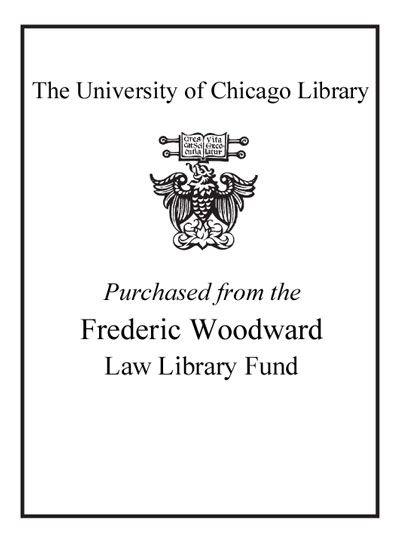U.S. immigration policy in an age of rights /
| Author / Creator: | DeLaet, Debra L., 1968- |
|---|---|
| Imprint: | Westport, Conn. : Praeger, 2000. |
| Description: | xii, 153 p. : ill. ; 25 cm. |
| Language: | English |
| Subject: | |
| Format: | Print Book |
| URL for this record: | http://pi.lib.uchicago.edu/1001/cat/bib/4185230 |
| Summary: | Civil rights rhetoric has been central to the debate over U.S. immigration policy since at least the 1960s. A coalition of interest groups, including churches, ethnic organizations, civil rights groups, and employer associations has played a fundamental role in advancing civil rights norms in the immigration arena. The growing importance of civil rights rhetoric in the debate over U.S. immigration policy, DeLaet asserts, helps to explain the liberalization of U.S. immigration policy in spite of growing evidence that the public opposition to immigration has grown during the same period. In turn, the liberalization of U.S. immigration policy has contributed to rising numbers of both legal and illegal immigrants. Thus, high levels of immigration reflect the basic provisions of current U.S. immigration policy, rather than a loss of governmental control. |
|---|---|
| Physical Description: | xii, 153 p. : ill. ; 25 cm. |
| Bibliography: | Includes bibliographical references (p. [139]-147) and index. |
| ISBN: | 0275967336 0275967646 |

